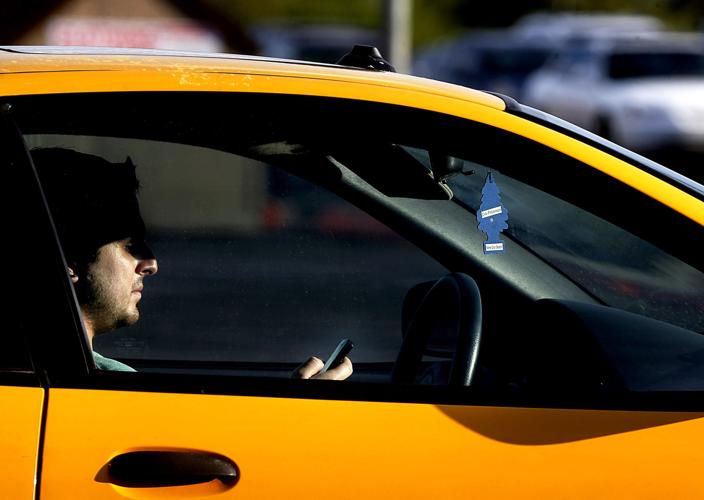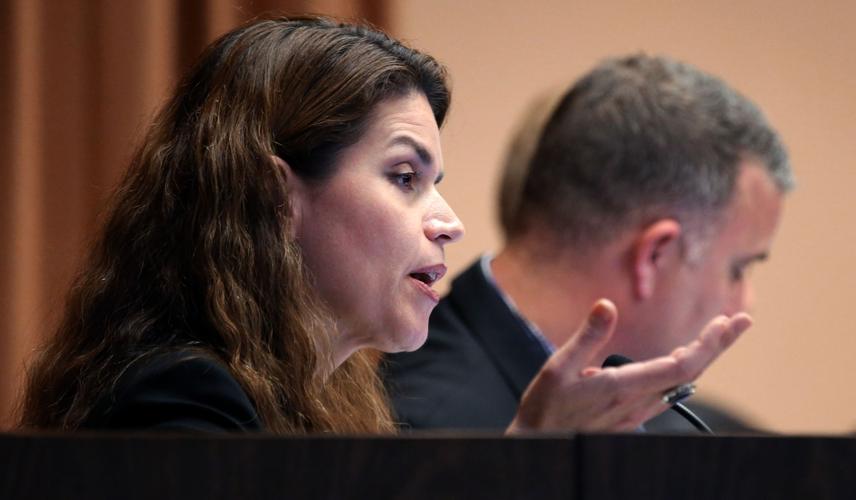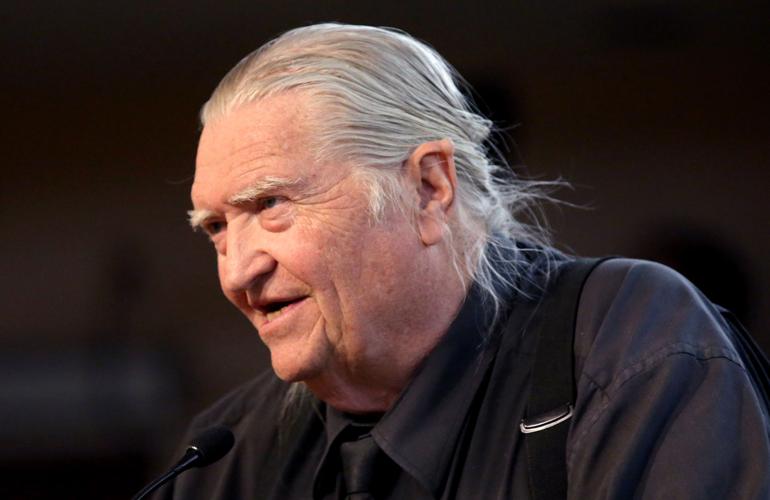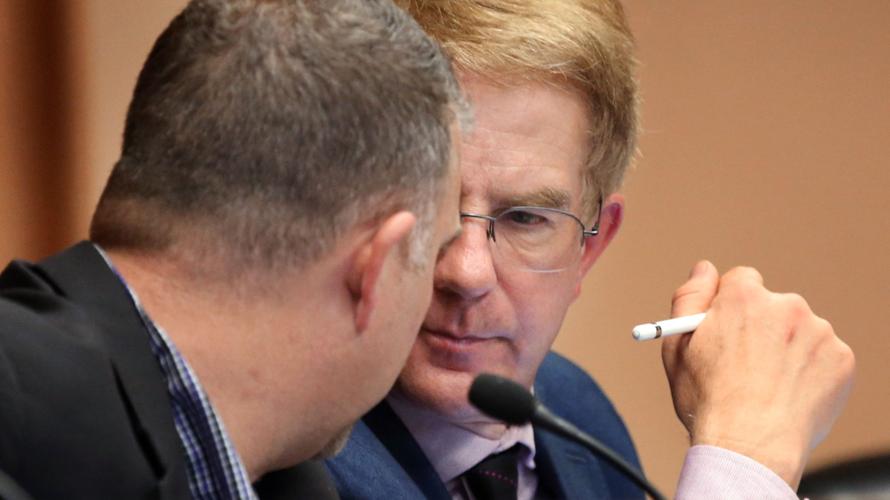Starting Feb.1, Tucson police will be able to pull over anyone they see using their cellphones while driving, without needing any other reason.
For the first month, officers will issue warnings in order to educate drivers about the change in the law, before they begin issuing tickets in March.
The Tucson City Council voted Tuesday night to make use of a cellphone while driving a primary offense.
The city has an existing ban on cellphone use, but it was significantly weaker than the ones in unincorporated Pima County and Oro Valley — Tucson’s required an officer to have a primary reason other than cellphone use to pull a driver over.
Councilman Paul Cunningham argued Tuesday night that making cellphone use while driving a secondary offense back in May just wasn’t enough to make city streets safer.
Since that Tucson ordinance went into effect, the Tucson Police Department issued 44 citations for violating the hands-free ordinance and 18 written warnings through Nov. 30, according to department statistics.
On the 4-1 vote Tuesday night, the council also reduced the fines for civil violations of the cellphone law — those not involving a traffic accident — from $250 for a first-time offense to $50.
A second citations will carry $100 fine and a third citation will result in a $200 fine.
As long as a device is equipped with a hands-free setup, use is permitted, according to the text of the ordinance.
Resident Mark Spear opposed the change, saying that while he wants city streets to be safer, he is concerned that those who can’t keep their hands off their phones will just work harder at hiding their phones.
Rather than keep the phones in plain sight, he argued, drivers will put them in their laps where officers will not be able to see them.
“Heavy-handed enforcement will be seen as tyranny by the public,” Spear told the council.
Councilwoman Regina Romero agreed with him, casting the lone vote against the change in the law.
She said she was concerned about disparate impact it might have on minorities being stopped at higher rates and that these laws increase the possibility of crashes because people work harder to hide their devices.
Romero noted that when the cellphone ban was first put in place, these were some of her concerns against making it a primary offense.
Cunningham said the change was needed to prevent not only texting but all the other constant distractions for drivers using their phones such as Facebook, Twitter, Snapchat and other social media.
He said he used to be “Mr. Texting while Driving” but it was his young sons who pleaded with him to stop using his cellphone while behind the wheel.
Councilmen Cunningham, Steve Kozachik and Paul Durham as well as Mayor Jonathan Rothschild supported the change in the law.







